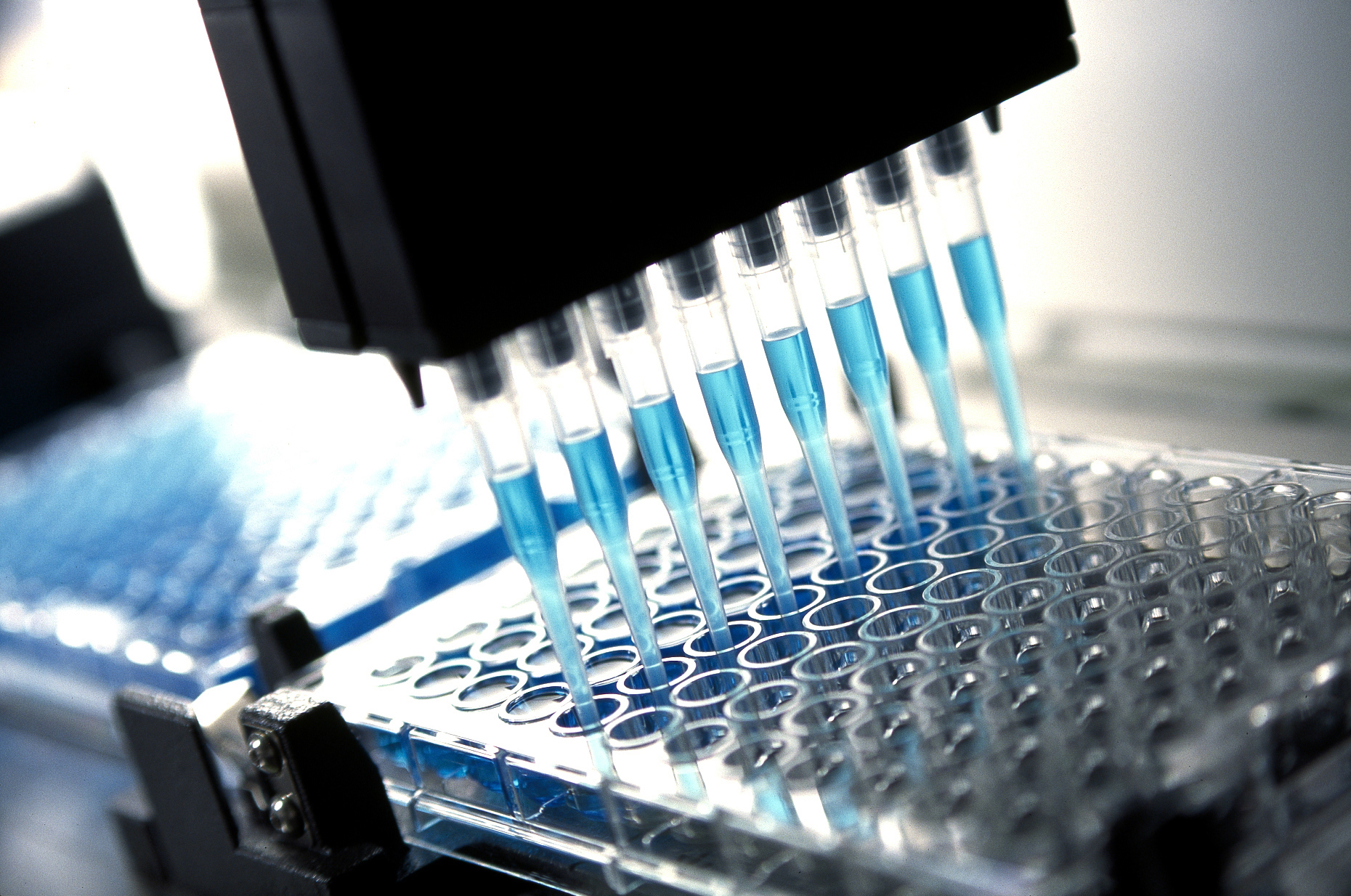Scaling is the process of removing tartar build-up which forms on your teeth each time you consume food and beverages. This build-up cannot be removed by simply brushing.
There are two methods of teeth scaling:
- Hand Scalers – These scalers range in shapes and sizes to reach different areas of your teeth. They are designed to reach areas where your toothbrush cannot clean.
- Electric Scalers – Much like an electric toothbrush, these scalers use fast vibrations along with water to clean stubborn tartar build up.
After scaling, polish helps to remove bacterial biofilm and stains while smoothing the surface of your teeth to make it harder for plaque to accumulate. This is done using a rotating rubber polisher or brush with a polishing paste.
This process is vital for removing plaque that contains millions of germs and will cause gum disease and tooth decay if not cleaned, not to mention a case of bad breath. Smokers and frequent coffee, tea, or wine drinkers should get their teeth cleaned frequently to polish away tooth stains.
Polishing is followed by a fluoride rinse treatment to help reduce teeth decay and leave a fresh minty taste in your mouth.
How long does it take?
A teeth cleaning appointment can take 30-45 minutes on an average patient, depending on how well you clean your teeth on a regular basis. During the appointment, we will thoroughly scale (including flossing and root planing between the gums), polish, fluoride rinse, and post-check up to look for cavities or signs of other gum diseases and teeth decay.
Please feel free to ask us any questions you may have regarding teeth cleaning at home.
How often should I get my teeth cleaned?
It has become a widely accepted norm that visits to your dental hygienist should be twice a year, or every six months. However, each patient’s case will vary and some are urged to frequent their check-ups up to 4 times a year. People with a high-risk of dental disease may require more frequent visits as recommended by your dentist. The high-risk group includes:
- People who smoke regularly
- People who are diabetic
- People with gum disease
- People with a weak immune response to bacterial infection
- People with a history of cavities or plaque build-up
REMEMBER, it is much easier (and CHEAPER) to treat dental hygiene BEFORE it becomes a problem. Calculus and tartar are natural by-products of calcium deposits found in your saliva. Calculus cannot be removed by brushing or flossing done at home. Once decay breaks through the enamel of your tooth, the lesion may need to be filled, crowned, treated with root canal, or in the worst case – extracted.
Keeping up regular dental cleaning appointments will SAVE YOU TIME AND MONEY!
